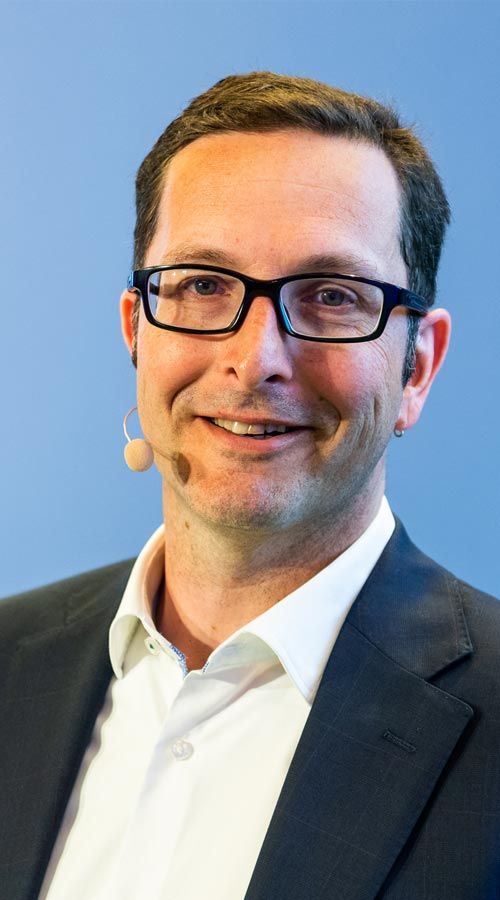Appeal to policymakers: Create an energy market that has a viable future and is socially responsible


- CEO Mario Mehren in discussion with energy policy spokespersons from the Bundestag
- The gas industry is part of the solution for more climate protection
2021 will see key decisions in Germany and Europe that will define the energy policy line long-term: fleshing out the European Green Deal and implementing the strategies for hydrogen, sector integration and methane emissions. Europe has decided to transform its economy – and that means the gas industry also has to step up to the plate.
“Our industry must – and will – change. Business as usual is not an option. The future of energy is climate-friendly,” said Mario Mehren at today’s digital Handelsblatt Energy Summit. “We need more energy with lower emissions – and at affordable prices. Keeping our sights on all those goals simultaneously – and, what’s more, during a global pandemic – is one of the biggest political challenges of our times.” At the digital event, Mehren discussed the energy policy agenda for 2021 with the energy policy spokespersons from the parliamentary parties of the CDU/CSU (Dr Joachim Pfeiffer), SPD (Bernd Westphal), FDP (Prof Martin Neumann) and Bündnis 90/Die Grünen (Dr Ingrid Nestle).
Mario Mehren opened the discussion with four hypotheses for a secure supply of clean energy. His appeal to policymakers: “Create an energy market that has a viable future and is socially responsible. And rely on us to make a contribution to that!”
The hypotheses are detailed in a Wintershall Dea paper and Mario Mehren’s opinion piece in the Handelsblatt’s special supplement on the Energy Summit.
- Hypothesis 1: We need more gas in the energy mix – not less! Renewable sources alone will not meet our growing energy needs in the foreseeable future. Natural gas is a perfect partner across all sectors. Its use is socially responsible.
- Hypothesis 2: We need to establish a hydrogen market now! Markets do not come about on their own. They have to be set up and organised – in a technology-neutral manner.
- Hypothesis 3: For natural gas and hydrogen to be able to perform to their full ability, the general political conditions must be right! Whether it’s natural gas or hydrogen – policymakers must set the right course now.
- Hypothesis 4: Unilateral strategic decisions endanger Germany and Europe as industrial locations! Industry must become greener and reduce its emissions. That goes without saying. Gas is a vital component of that: The amount of industrial electricity generated from natural gas has almost doubled in the last ten years.
In his keynote, Mehren stressed that society faces a great challenge. “Wintershall Dea is part of the solution. We have the mission and the technological expertise to help protect the climate with clean energy.” Wintershall Dea is committed to Europe’s climate targets and at the end of 2020 presented an ambitious programme so that it can produce even more cleanly in the future. It aims to reduce its methane intensity to 0.1 percent by 2025. “Furthermore, our entire upstream activities are to be climate-neutral by 2030,” said Mehren.
More information about Wintershall Dea’s climate targets can be found here.
About Wintershall Dea
Wintershall Dea is Europe’s leading independent natural gas and oil company with more than 120 years of experience as an operator and project partner along the entire E&P value chain. The company with German roots and headquarters in Kassel and Hamburg explores for and produces gas and oil in 13 countries worldwide in an efficient and responsible manner. With activities in Europe, Russia, Latin America and the MENA region (Middle East & North Africa), Wintershall Dea has a global upstream portfolio and, with its participation in natural gas transport, is also active in the midstream business.
Wintershall Dea was formed from the merger of Wintershall Holding GmbH and DEA Deutsche Erdoel AG, in 2019. Today, the company employs around 2,800 people worldwide from over 60 nations.
